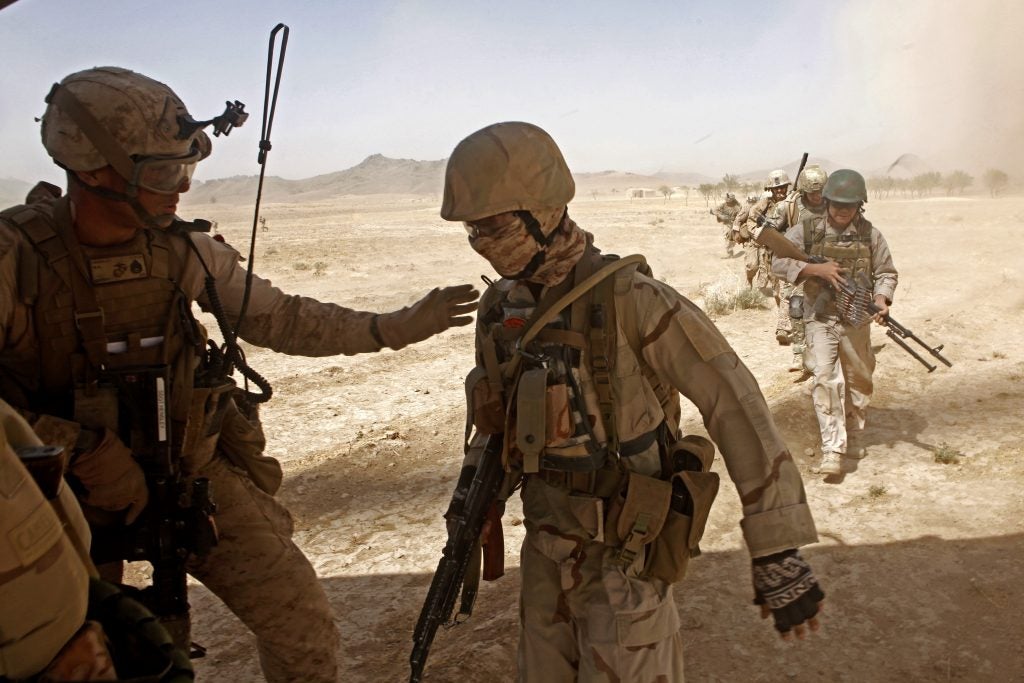War Crime Allegations Haunt UK Special Forces
A recent joint report by the UK’s Sunday Times’ Insights investigatory team and the BBC TV’s Panorama alleges UK Special Forces (UKSF) may have committed a string of war crimes in Afghanistan. The report quotes from internal emails from within UKSF raising question marks over the numbers of ‘enemy’ dead in operations during 2011.
An email which appears to be from a former Special Boat Service (SBS) commander, at the time of writing likely on the staff of the Directorate of Special Forces, was directed to his superior, unnamed but likely Director Special Forces (DSF), who has overall responsibility for all aspects of UK military special operations.
It noted concerns raised by SBS personnel about Special Air Service (SAS) activities in Afghanistan including the numbers of enemy killed in action (EKIA) versus the number of weapons recovered in operations and a worrying trend which saw Afghan locals who were persuaded to guide the assault teams through their compounds, ostensibly to reduce risk and indicate any improvised explosive devices (IED) being killed when they inexplicably drew weapons or produced grenades.
The email’s author questioned whether there was “…a deliberate policy among the current Sqn [squadron] to engage and kill fighting-aged males on target even when they did not pose a threat”. He further noted that the activities of the SAS members could amount to “indefensible behaviour” or “criminal” actions.
The correspondence emerged from a lawsuit launched by an Afghan named Saifullah Yar, a survivor of one such operation in southern Helmand on 16 February 2011, during which four members of his family died at the hands of UKSF. All were alleged to be unarmed at the time. The material had earlier been withheld, potentially illegally, by UK government lawyers. The High Court Judge in the current case has issued a “please explain” to Defence Secretary Ben Wallace.
The killings had placed a strain on relations with the Afghan Partner Units (APUs) that operated alongside UKSF. In the case of the February 2011 operation, members of the elite Task Force 444 temporarily refused to accompany UKSF on further missions with their commander claiming “… that 2 men were shot trying to run away, and that the other 2 men were ‘assassinated’ on target after they had already been detained and searched.”
Most damning is the “collective amnesia” of all badged members and support staff when questioned of the particulars of the operation by the Royal Military Police (RMP) – all claimed not to be able to remember the details of the mission. The RMP’s own investigation into alleged UKSF war crimes, Operation Northmoor, was shuttered with zero prosecutions under pressure from the Ministry of Defense. The allegations come at a time of increased scrutiny of the actions and behaviour of various Special Operations Force units.

